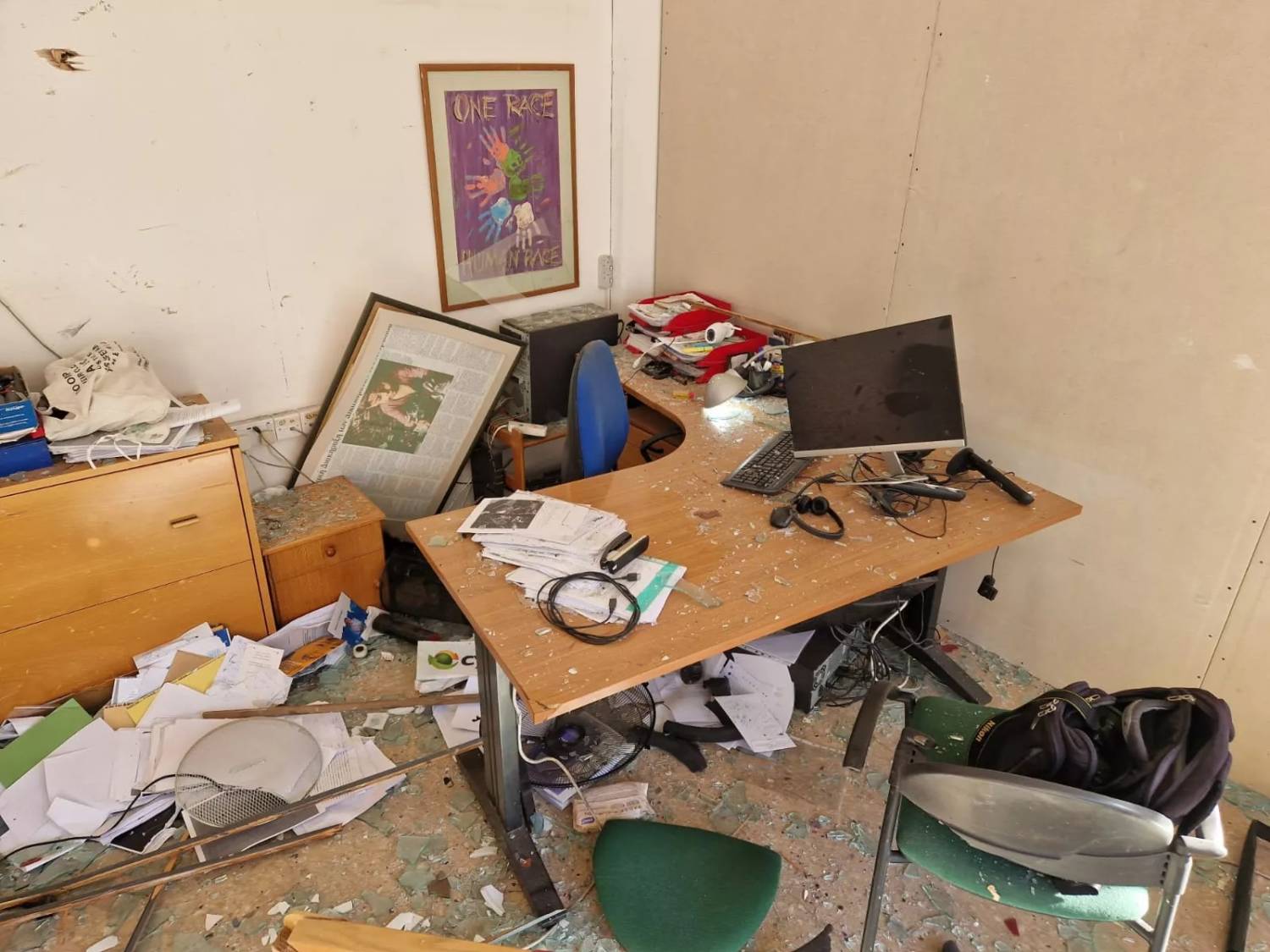The Council of Europe’s Commissioner for Human Rights, Dunja Mijatović, noted a worrisome trend of escalating harassment against individuals and organizations assisting asylum seekers, including direct threats, in her report, with references to Cyprus.
“Organizations and individuals assisting refugees, asylum seekers, and migrants have faced beatings, vehicle damage, or destruction of their equipment and have been targeted with property vandalism, arson, or bomb attacks,” Dunja Mijatović states.
As an example, the report cites the bomb attack that occurred on January 5 at the offices of KISA, an NGO working with refugees, asylum seekers, and migrants in Cyprus.
The report also references the written dialogue the Commissioner has engaged in with member states concerning the restrictions faced by human rights defenders, including letters sent to Cyprus, Germany, Greece, Italy, Latvia, and Malta.
It is recalled that in March 2021, in a letter to the Cypriot Minister of Interior, the Council of Europe’s Commissioner for Human Rights urged Cypriot authorities to ensure independent and effective investigations into allegations of pushbacks and mistreatment of arriving migrants, including those who may require international protection, by members of the security forces.
Commissioner Mijatović also called on Cypriot authorities to align conditions in reception facilities for asylum seekers and migrants with existing human rights standards and to ensure they have effective access to all necessary services.
She also warned of increasing harassment and, in some cases, criminalization of individuals and groups assisting refugees, especially in Hungary, Greece, Lithuania, Italy, Croatia, and Poland.
The Commissioner notes in the report that “the emergence of an approach whereby migration issues are increasingly dealt with by member states from a security perspective” has led to the construction of fences and the deployment of military personnel, equipment, and surveillance in border areas, which has also affected NGOs.
“Those assisting refugees, asylum seekers, and migrants may be seen by states as obstacles to the implementation of asylum and migration policies focusing on prevention and security and thus face hostility. The erosion of human rights, which is often part of states’ policies in this area, also leads to measures that explicitly or tacitly target those who assist,” the report states.
Mijatović also referenced the increasing use of surveillance technologies. “During discussions preparing this document, concerns were expressed that, in some member states, surveillance activities have created increasing challenges for human rights defenders, including lawyers and journalists,” she wrote, referring to cases of targeting Greek journalists Thanasis Koukakis and Stavros Malichoudis.
She also warned that “intrusive surveillance practices, whether through physical surveillance, wiretapping, or the use of spyware, not only violate the personal security and privacy of individual human rights defenders but also threaten the trust between human rights defenders and refugees.”
She added that people assisting refugees, asylum seekers, and migrants often face extremely high levels of online hatred, including death threats.
It is noted that references to this report are made in articles from foreign media outlets, including The Guardian.






